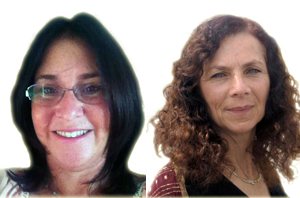An Inclusive School Choir for Children with Autism in Israel: Using Grounded Theory to Explore the Perceived Benefits and Challenges
DOI:
https://doi.org/10.15845/voices.v16i1.849Palabras clave:
inclusion, autism, inclusive choir, community music, singingResumen
This study examined the role and place of an inclusive children’s choir in Israel for children with autism and neurotypical children. 16 individuals participated in the study, including ten staff members from a school for children with autism, four staff members from a mainstream school, two eleven-year old girls from the mainstream school who sang in the choir, and four parents from both schools whose children sang in the choir. The study utilized grounded theory with purposive sampling and semi-structured interviews. Categorical analysis of the data was used. The description of the results demonstrates that the programme filled six major roles: musical, social, educational, cultural, emotional, and inclusive; although there were challenges to this inclusive music making opportunity. In addition, we found that an inclusive choir can change its participants’ social perceptions of the “other”. Its success is dependent on the administration’s positive attitude, cooperation of educational staff from both schools – mainstream and special education – and the sensitivity of the choir’s conductor.
Descargas
Archivos adicionales
Publicado
2016-02-22
Cómo citar
Eilat, Y., & Raichel, N. (2016). An Inclusive School Choir for Children with Autism in Israel: Using Grounded Theory to Explore the Perceived Benefits and Challenges. Voices: A World Forum for Music Therapy, 16(1). https://doi.org/10.15845/voices.v16i1.849
Número
Sección
Research
Licencia
Articles published prior to 2019 are subject to the following license, see: https://voices.no/index.php/voices/copyright

